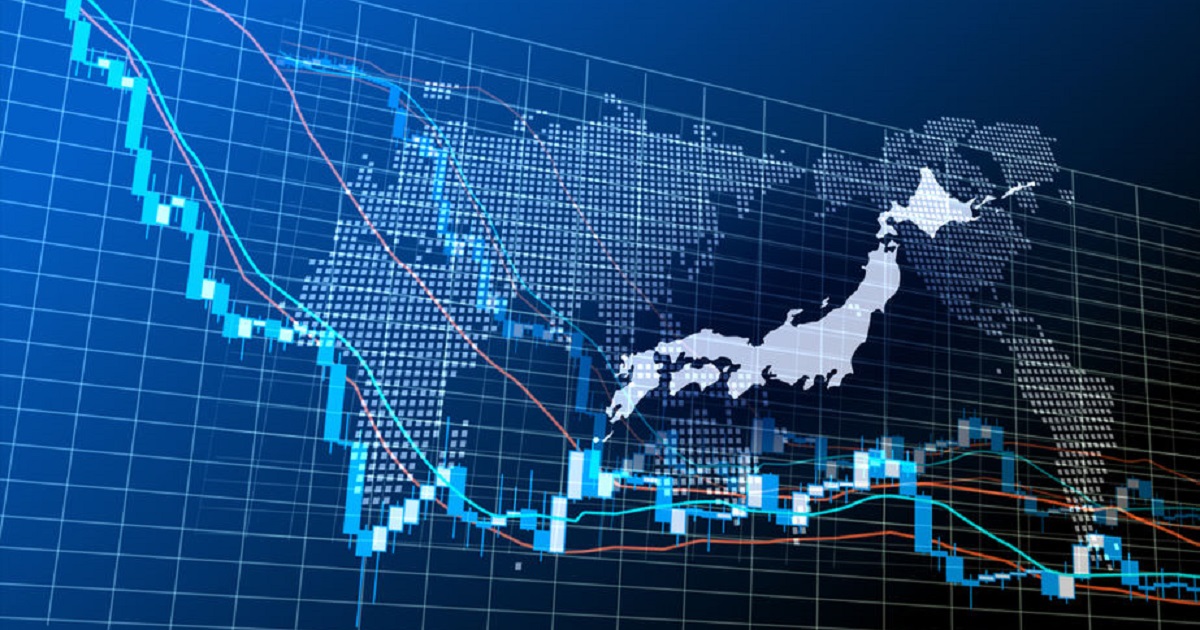
by Noriyuki Morimoto
A catalyst is a substance that does not itself change during a chemical reaction, but acts to affect the rate of the chemical reaction.
Value investing is a strategy of acquiring an asset at a price lower than its value. The strategy assumes that prices move toward value due to forces inherent in the market, and the movement of prices toward value is likened to chemical reaction, where factors that impact the speed of that movement are called catalysts. Catalysts are important because time is a critical factor in investing.
In value investing, the absence of a catalyst, and thus the absence of a chemical reaction, i.e., the price failing to move toward value and remaining below value, is called a value trap. Falling into the value trap is an error in investment decision with two possible causes: misjudging the value assessment, or misjudging the catalyst.
The existence of the value trap has long been noted in the Japanese stock market. The assumed problem has always been the absence of a catalyst, not an error in value assessment. In other words, there are numerous stocks in the Japanese market that are trading below value, and they are caught in a value trap.
Now, what has been expected as a catalyst is governance reform, but so far it does not appear that the value trap has been resolved. Is this because of a lack of true governance reform, or is it because the real catalyst lies elsewhere? Otherwise, is the value assessment fundamentally wrong to begin with?
[Category /Strategic Investment]

Chief Executive Officer, HC Asset Management Co.,Ltd. Noriyuki Morimoto founded HC Asset Management in November 2002. As a pioneer investment consultant in Japan, he established the investment consulting business of Watson Wyatt K.K. (now Willis Towers Watson) in 1990.

